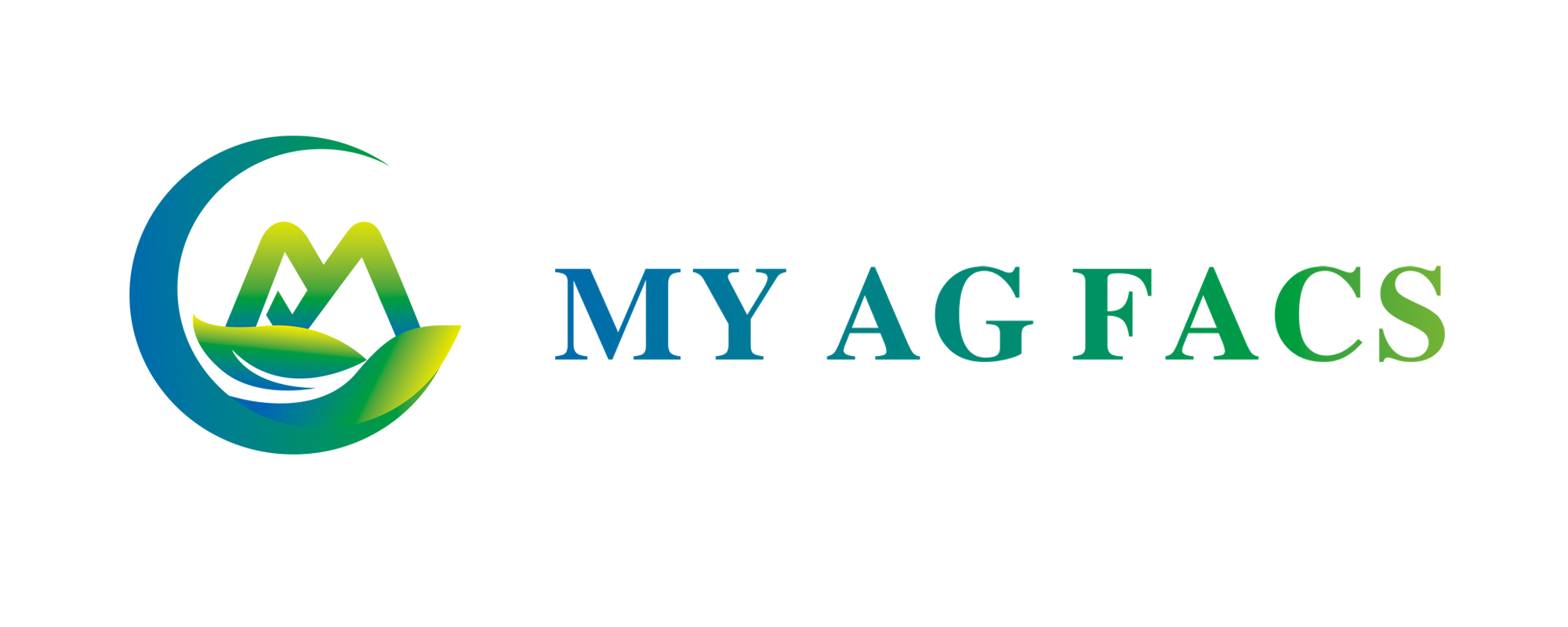
Polyethylene material offers several advantages that contribute to its widespread use in various industries and applications. Here are some key advantages of polyethylene:
1. Versatility: Polyethylene is a highly versatile material that can be molded, extruded, or formed into various shapes, sizes, and forms. It can be produced as a flexible film, rigid containers, pipes, foam, and more. This versatility allows it to be used in a wide range of products and applications.
2. Lightweight: Polyethylene is a lightweight material, making it easy to handle, transport, and use in various applications. Its low density contributes to reduced weight in end products, which can be beneficial for industries such as packaging, automotive, and aerospace.
3. Chemical Resistance: Polyethylene exhibits excellent resistance to many chemicals, including acids, bases, and solvents. This property makes it suitable for applications that involve contact with corrosive substances or where chemical resistance is required, such as in pipes, containers, and chemical storage tanks.
4. Water and Moisture Resistance: Polyethylene is inherently water and moisture resistant, making it useful for applications involving water or in environments where moisture exposure is a concern. It is commonly used in products such as water tanks, irrigation pipes, and moisture barriers.
5. Electrical Insulation: Polyethylene has good electrical insulation properties, which makes it suitable for use in electrical and electronic applications. It is often employed in cable insulation, wire coatings, and electrical connectors.
6. Durability: Polyethylene is known for its durability and resistance to impact, abrasion, and wear. It can withstand harsh environmental conditions, making it suitable for outdoor applications such as tarpaulins, playground equipment, and agricultural films.
7. Recyclability: Polyethylene can be recycled and reused, contributing to its sustainability and reducing environmental impact. It is one of the most commonly recycled plastics, and the recycling process can be relatively straightforward compared to some other types of plastics.
8. Cost-Effective: Polyethylene is a relatively low-cost material compared to other plastics, which makes it economically attractive for manufacturers and consumers. Its affordability makes it widely accessible and applicable to a broad range of industries and products.
9. Food Safe: Certain types of polyethylene, such as high-density polyethylene (HDPE), are considered food safe and approved for use in food packaging and storage. They have low reactivity with food, maintaining the integrity and safety of the packaged products.
Overall, the advantages of polyethylene, including its versatility, lightweight nature, chemical resistance, and durability, have made it a popular choice in numerous industries, ranging from packaging and construction to automotive and healthcare.